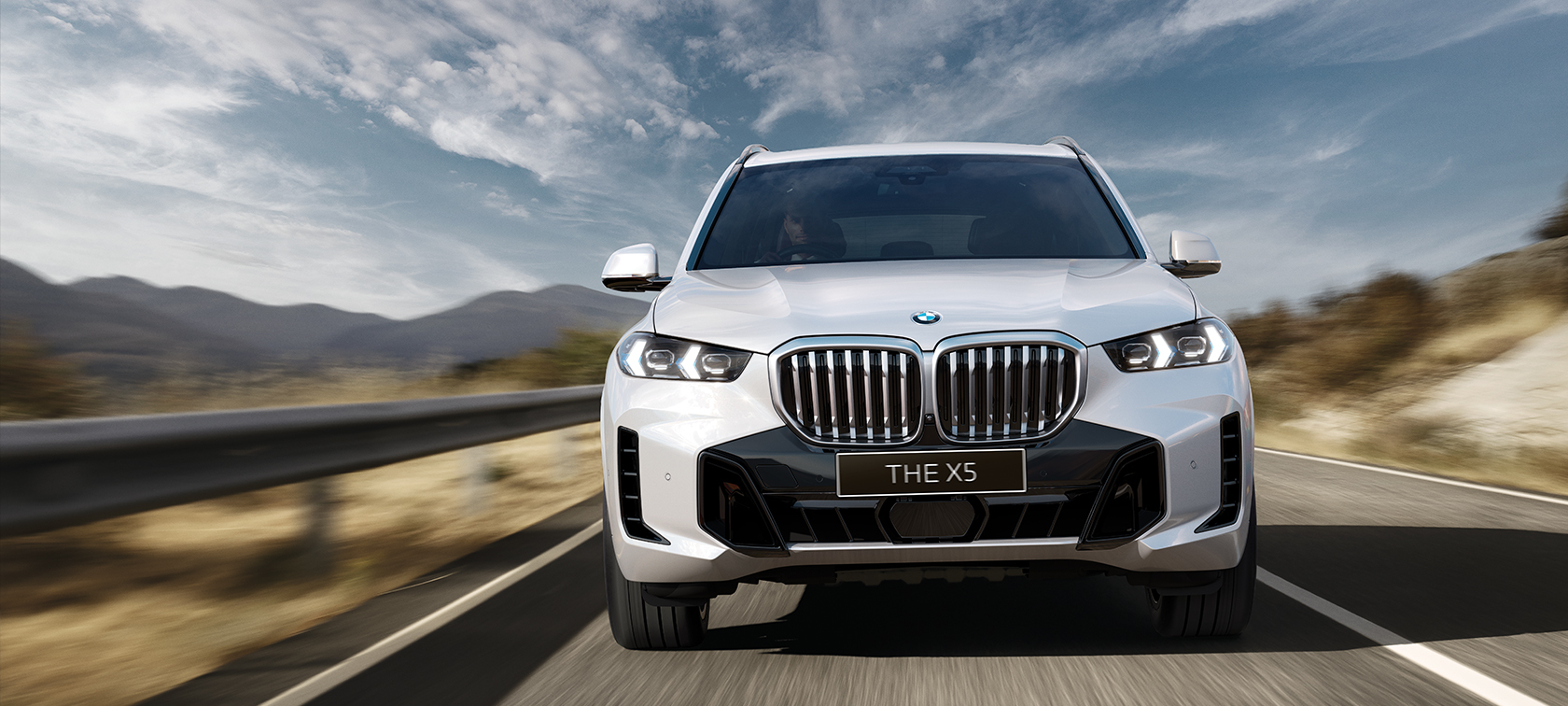As governments worldwide implement stricter regulations to curb greenhouse gas emissions and promote the adoption of electric vehicles (EVs), the automotive industry is experiencing a significant transformation.
Automakers are under increasing pressure to innovate and adapt to these new regulations, which mandate a shift towards more sustainable and environmentally friendly transportation solutions.
In response, many leading automotive companies are making substantial investments in electric vehicle technology, renewable energy sources, and sustainable manufacturing practices. This transition is not only about compliance but also about meeting the evolving demands of consumers who prioritize sustainability and eco friendliness.
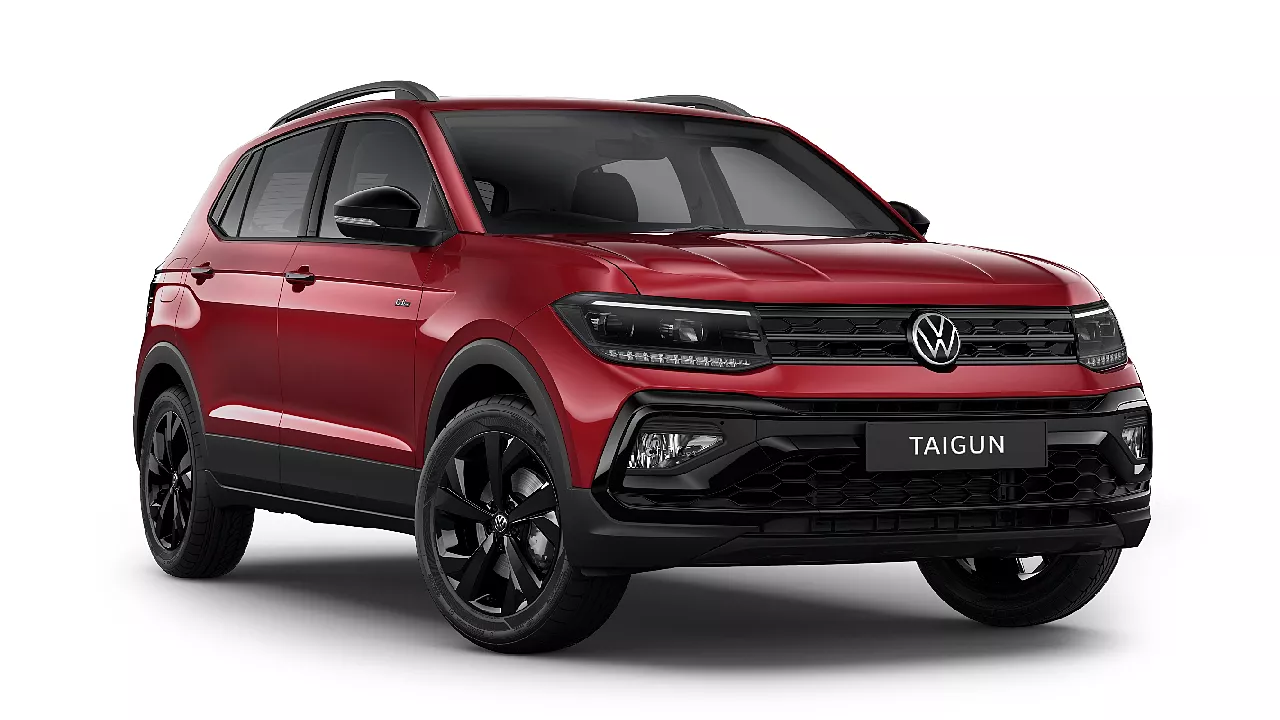
By embracing these changes, automakers are positioning themselves at the forefront of a new era in the automotive industry, where luxury and performance go hand in hand with environmental responsibility.
This article explores how automakers are go through the challenges posed by rising EV regulations and the strategies they are employing to succeed in this rapidly evolving world.
Regulatory Changes
Globally, emissions standards and incentives are pushing automakers towards electrification. In the European Union, the CO2 regulations mandate a 100% reduction in emissions by 2035.
This ambitious target requires automakers to eliminate internal combustion engines from their lineups and focus entirely on electric and hydrogen-powered vehicles. Similarly, California’s Zero Emission Vehicle (ZEV) mandate requires all new cars sold to be zero-emission by 2035.
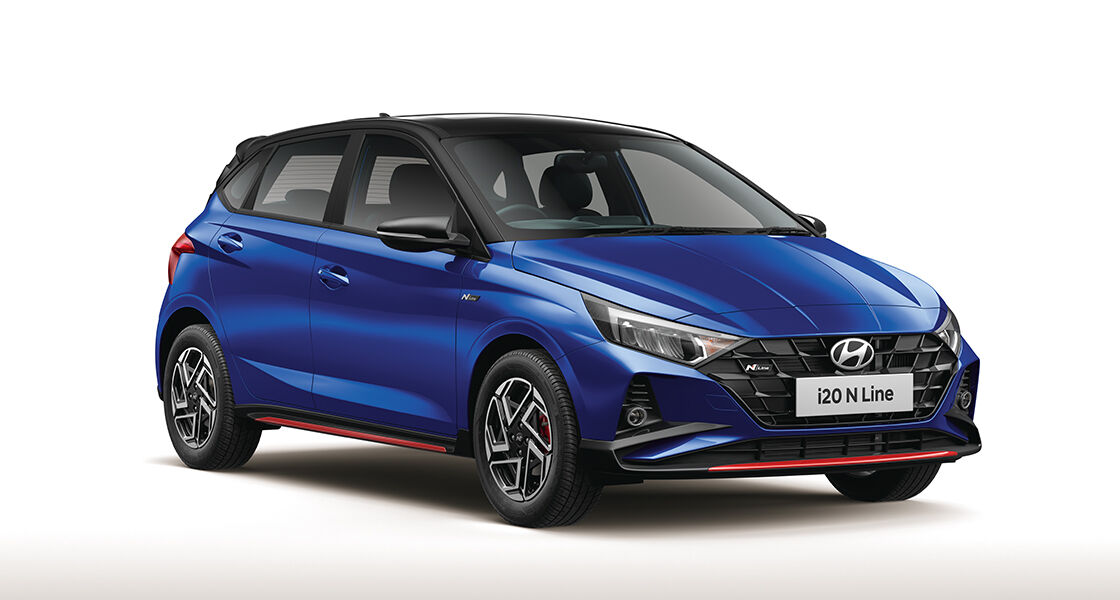
The U.S. Inflation Reduction Act further supports this transition with substantial tax credits for EV purchases and battery production, albeit with certain restrictions, such as sourcing materials from specific countries and meeting domestic manufacturing requirements.
Automakers’ Strategic Responses
To comply with these stringent regulations, automakers are making significant investments in EV technology and infrastructure. Companies like BMW, Volkswagen, Hyundai, and Toyota are expanding their electric vehicle lineups and exploring new markets.
BMW is focusing on both electric and hybrid models to meet emissions targets, ensuring a diverse range of options for consumers. Volkswagen, on the other hand, is awaiting new EV policy guidelines in India that could facilitate the import of high end EVs at lower tariffs if they invest in local manufacturing.
This strategy not only helps the company meet regulatory requirements but also taps into the growing Indian market.
Collaboration and Innovation
Collaboration with governments and other stakeholders is a key strategy for automakers in developing sustainable solutions. This includes investing in renewable energy for production facilities and advancing battery technologies.
Porsche, for example, is incorporating renewable energy in its production processes and using recycled materials in its vehicles. These efforts help reduce the overall carbon footprint of vehicle manufacturing and align with the company’s sustainability goals.
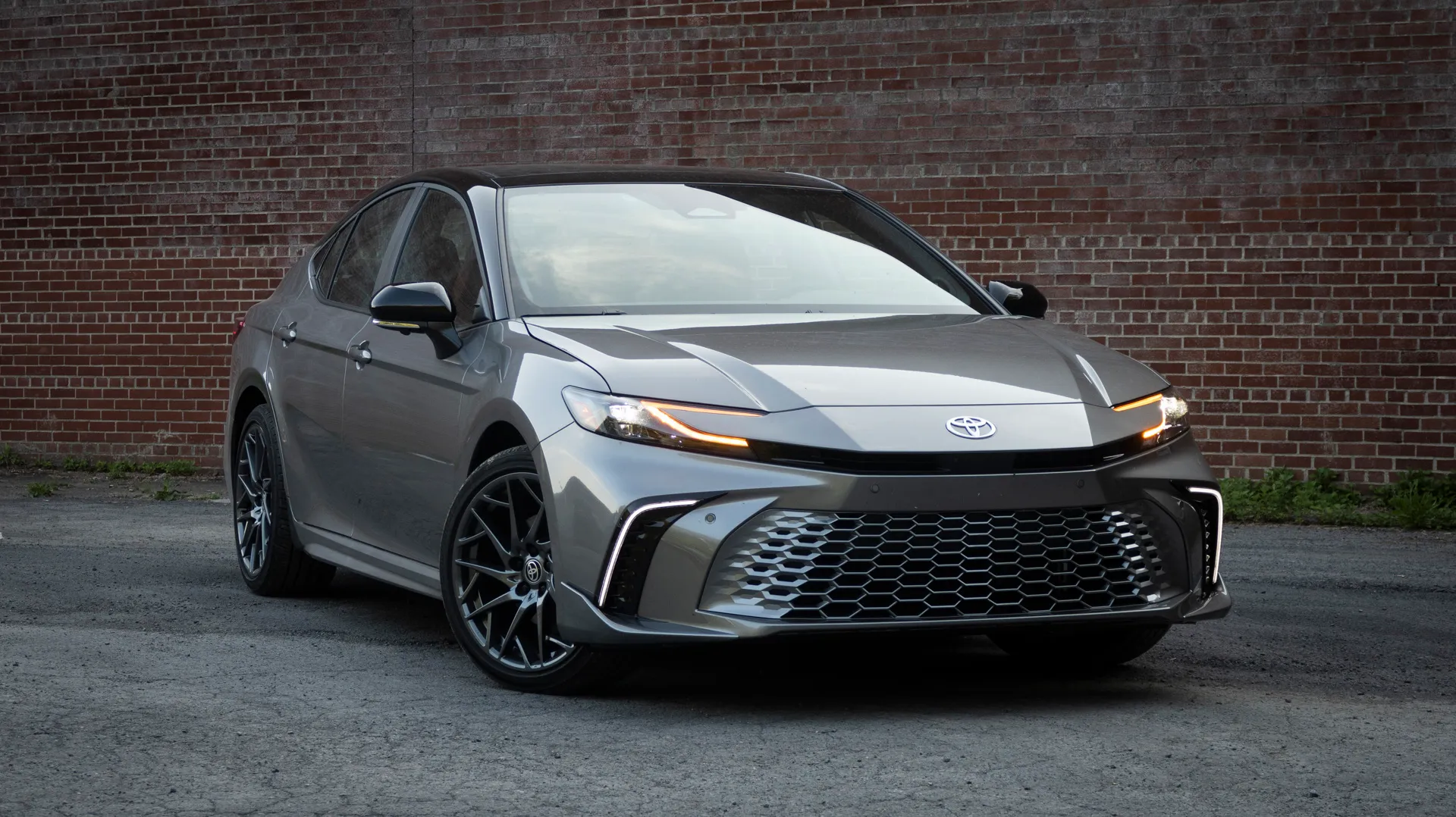
Tesla continues to lead the way with its commitment to sustainable manufacturing practices and eco friendly materials. The company’s Gigafactories are designed to be energy efficient and utilize renewable energy sources such as solar and wind power.
Tesla’s focus on sustainability extends beyond its vehicles to its production facilities, ensuring that the entire lifecycle of its products is environmentally responsible.
Challenges and Opportunities
The transition to electric vehicles presents several challenges for automakers, including the need for significant capital investment, supply chain adjustments, and the development of new technologies.
However, these challenges also offer opportunities for innovation and market growth. Automakers are leveraging these regulations to drive technological advancements and improve their competitive edge.
For example, advances in battery technology are not only making EVs more affordable but also extending their range and reducing charging times, which are critical factors for consumer adoption.
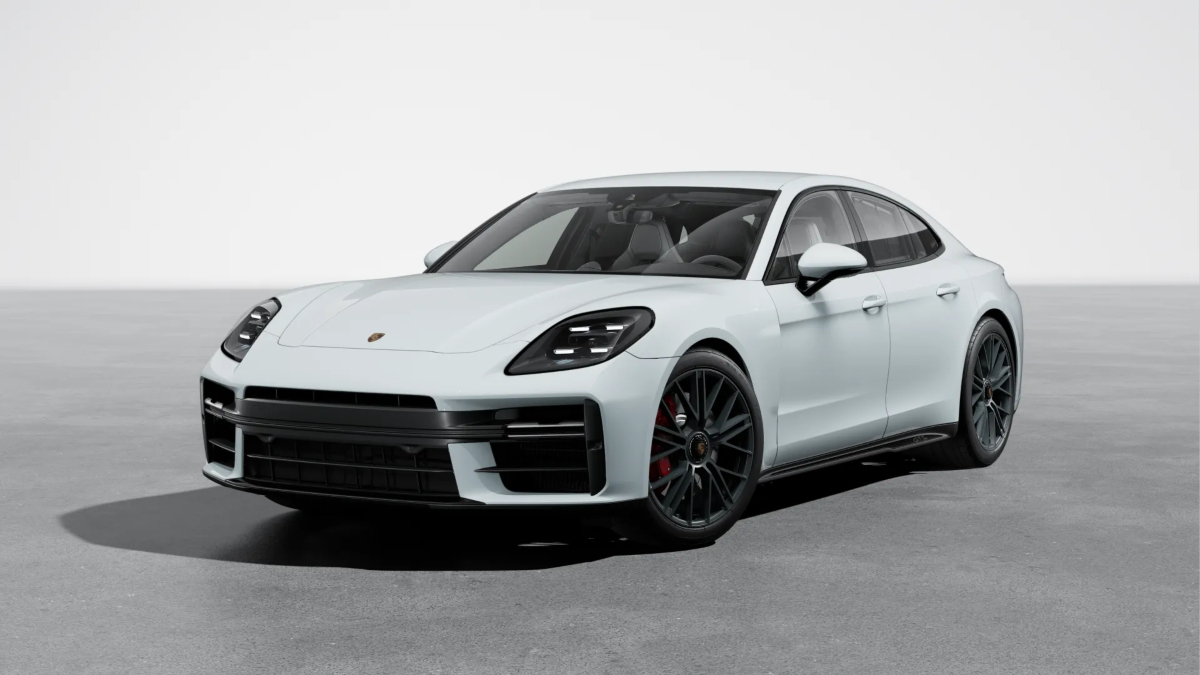
The shift towards EVs is also driven by consumer demand. Modern consumers are increasingly prioritizing sustainability and are willing to invest in environmentally friendly products. Automakers that can effectively market their EVs as both luxurious and eco friendly stand to gain a significant competitive advantage.
Automakers are actively responding to rising EV regulations by investing in electric vehicle technology, collaborating with governments, and innovating in sustainable practices. These efforts are crucial for reducing emissions and promoting a greener future.
As regulations continue to tighten, the automotive industry must remain agile and forward thinking to overcome these challenges and seize the opportunities presented by the transition to electric vehicles.
The future of the automotive industry is undoubtedly electric, and those who can adapt and innovate will lead the way in this new era of sustainable mobility.

